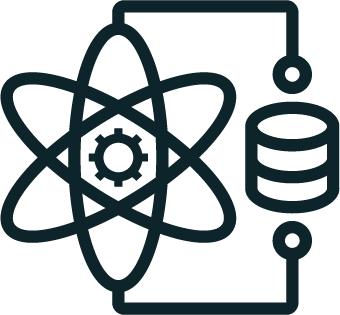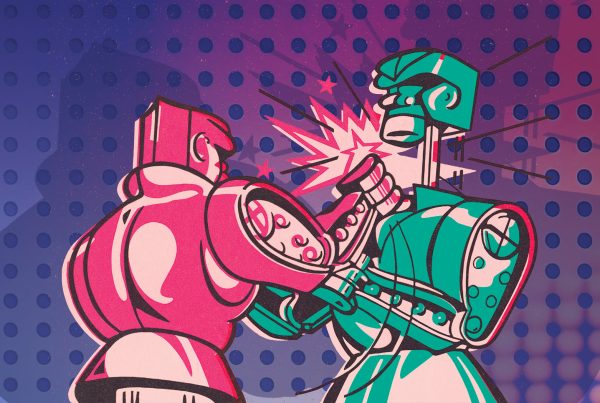By Martin Klein
Vice President of Analytics and Artificial Intelligence
Accelerating Time-to-Value With Automated AI Development
It’s never been more important to leverage the computational power of AI to secure lasting strategic and tactical advantages, from the battlefield to the boardroom. However, if your AI development pipeline isn’t optimized for scalability and efficiency, it’s impossible to realize the full potential of enterprise AI.
Enter the “AI factory” approach to AI development, a systematic and streamlined methodology for building, deploying, and maintaining AI models at scale for the enterprise. Let’s explore:
- How AI factories represent a significant evolution over traditional methods of AI development.
- The potential challenges to implementation.
- Why leaning on a proven partner may be the most cost-effective route to realizing these transformational capabilities for your organization.
AI Factories: Systematic, Automated AI Production
First, let’s define the AI factory approach to AI development. In many ways, AI factories are like traditional manufacturing assembly lines. While different in terms of what they produce and how they operate, they share the underlying principle of systematic production. The goal for an AI factory is to leverage automation to decrease, to the extent possible, unnecessary human intervention.
AI factories integrate various components of the AI lifecycle — such as acquiring data, preparing data, model training, testing, deployment, and monitoring — into a cohesive and automated workflow. They do this through a combination of advanced tools, standardized processes, and infrastructure designed to streamline the creation, training, and deployment of AI models.
On the modern battlefield, the edge goes to those who can predict, automate, and optimize.
Too often, end users lack insight into how “black box” AI models generate actionable information.
How Exactly Do AI Factories Work?
Here’s a seven-step overview of how the automated development workflow of an AI factory typically works:
Faster Returns, Rapid Scaling, and Enhanced AI Solutions
Key benefits of AI factories include:

Accelerated Time-to-Value.
The AI factory approach minimizes bottlenecks in AI development, ensuring your organization sees faster returns on AI investments. Relying on automated pipelines will allow you reduce the time and resources required to bring AI models into production. This streamlining enables rapid scaling, allowing you to respond quickly to changing business needs and operational demands.

Improved Consistency and Quality.
Automation and standardization within the AI factory promote consistency in model development and deployment. This, in turn, enhances the quality of AI solutions, reducing the risk of errors and improving overall reliability.

Resource Optimization.
As you optimize costs associated with AI development, your organization can better allocate compute and storage resources, ensuring that skilled data scientists can focus on high-value tasks while routine processes are handled seamlessly by the AI factory.
New Tools, Upskilling, and Other Implementation Challenges
Implementing the AI factory approach is not without its challenges. While automation is a key strength of AI factories, it’s not an excuse to jettison human oversight altogether. It’s essential to strike a balance, ensuring that human experts are involved in critical decision making and validation.
It’s also critical to have robust cybersecurity measures in place to safeguard the high volume of data moving through your AI factory. Finally, it’s worth noting that implementation usually requires teams to adapt to new tools and methodologies. You may face staffing challenges and increased costs while upskilling your workforce.
ECS: A Proven Partner in AI Development and Deployment
Do you have the expertise to judge which tools best serve rapid AI development? Do you have clarity around how expensive it could be to adequately upskill your teams? Are you following cybersecurity best practices to protect your tools from hacking and misuse?
If you’re unsure of your response to any of these questions, ECS wants to hear from you. We would love the opportunity to continue the conversation, learn about the unique challenges facing your organization, and share more insights from our approach to AI development.
Now that you know what your enterprise AI factory should look like, are you ready to realize the full potential of AI for your operations?





